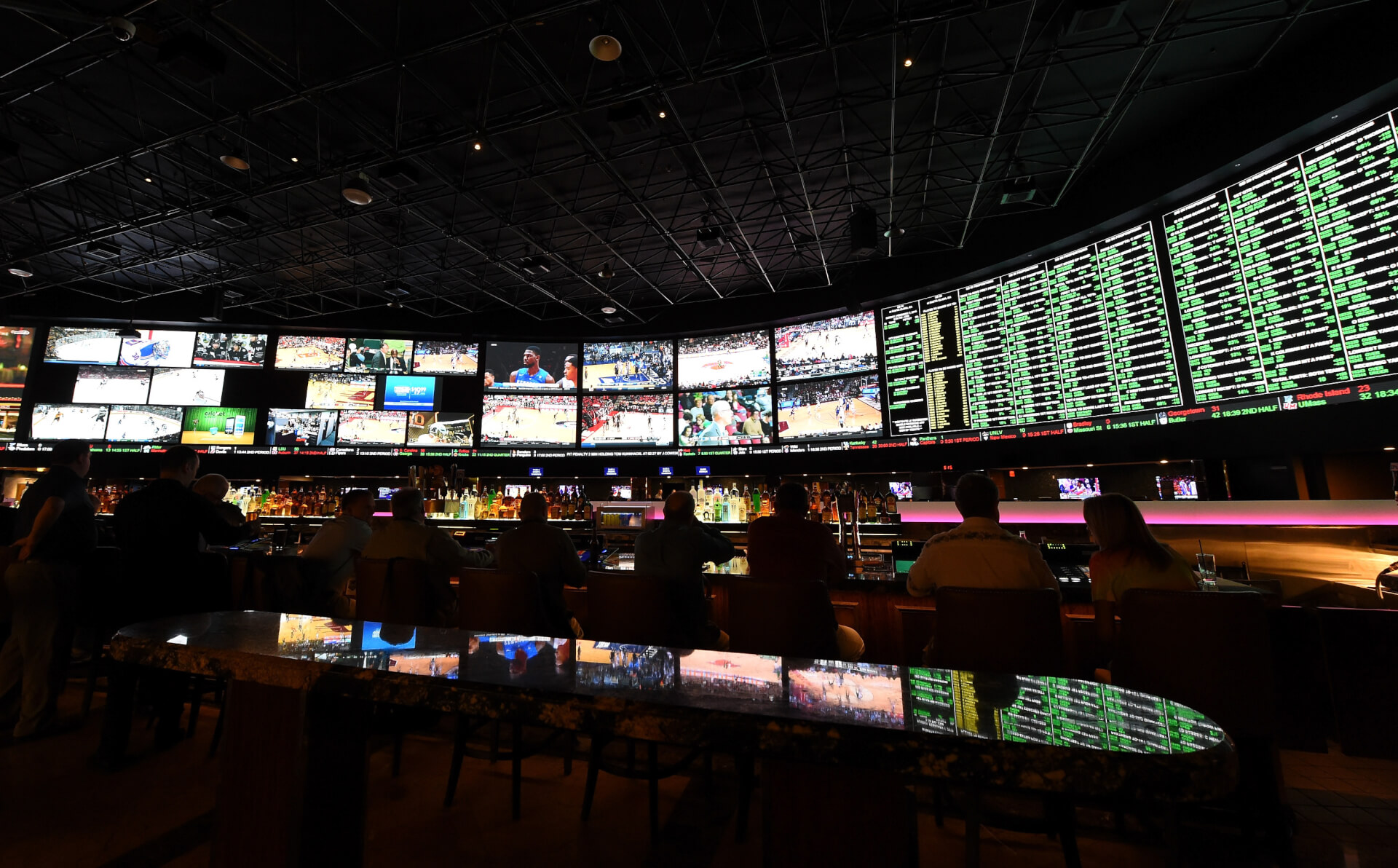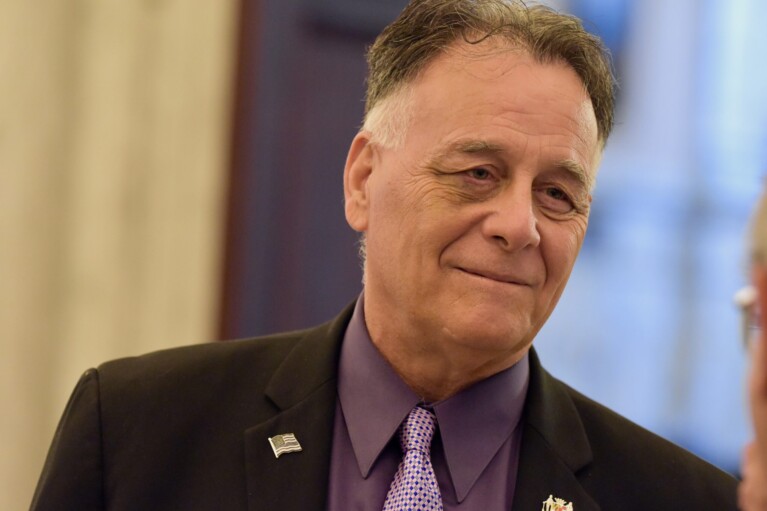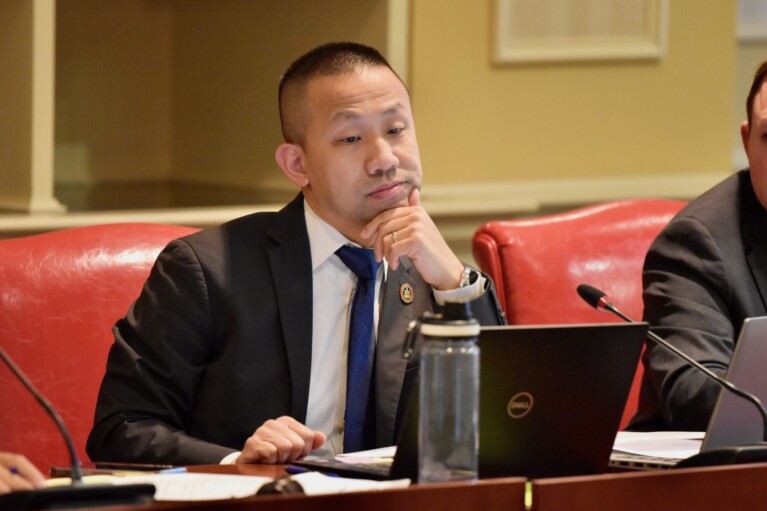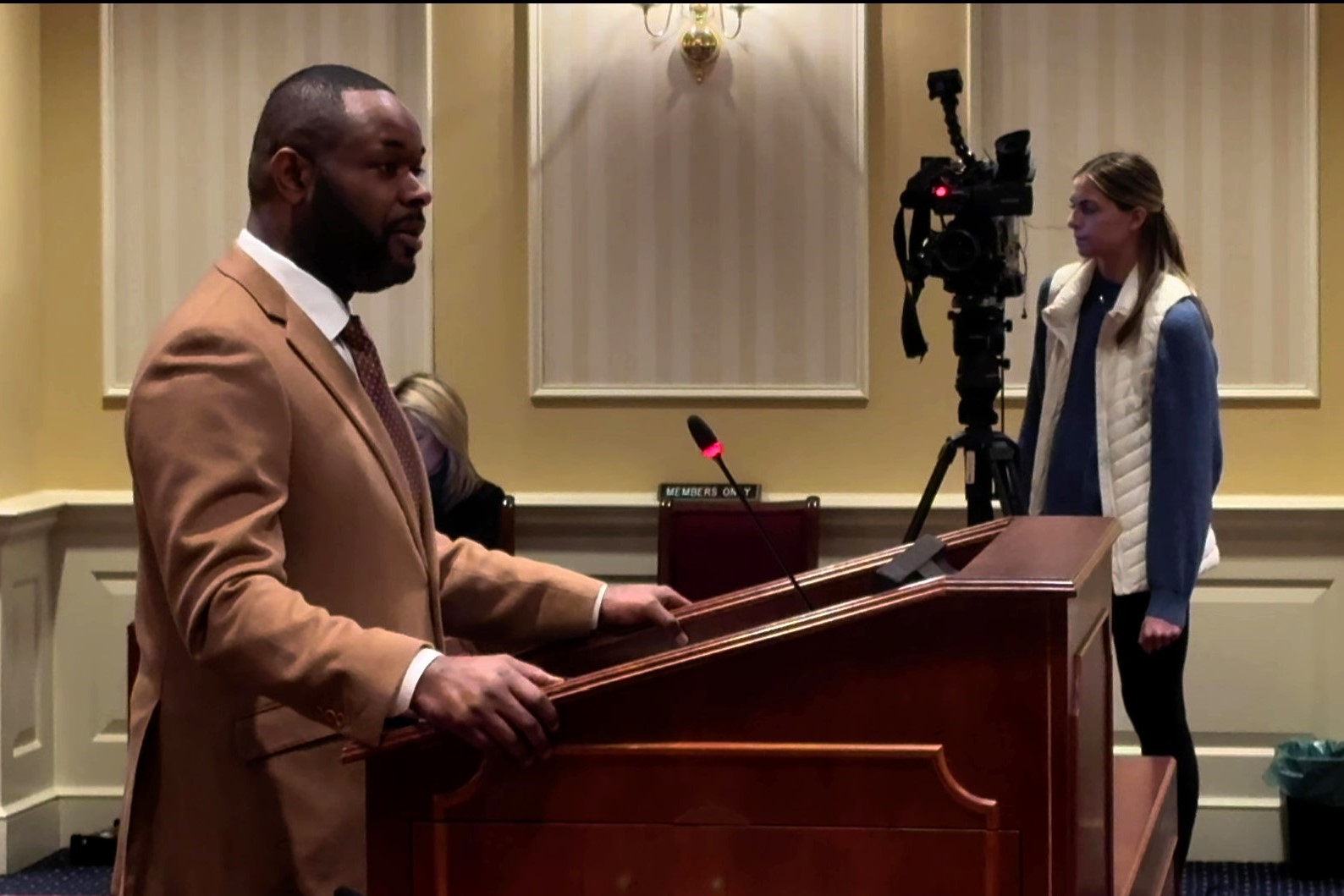Sports Betting Compromise Sets Stage for Votes on Assembly’s Final Day

House and Senate negotiators have reached agreement on a measure to determine how Maryland implements legalized sports wagering.
The agreement represents a compromise between the version of HB 940 that cleared the House of Delegates a month ago and an amended version that a Senate committee crafted earlier this week.
The House version set limits on the number of gambling licenses the state would issue. Amendments added by the Senate Budget & Taxation Committee set no limits on either “bricks and mortar” or mobile licenses.
Under the compromise, reached between lawmakers from the two chambers, the state would issue 10 licenses to the state’s larger casinos, Laurel Park race track and the three professional sports teams — and a smattering of others for off-track betting locations, the Maryland State Fair, and two larger electronic bingo facilities.
In addition, 30 “class B” licenses would be offered on a competitive basis to sports bars, restaurants, smaller tracks and other businesses wanting to offer on-site betting.
Finally, the compromise would allow as many as 60 companies to obtain a mobile license, allowing them to accept bets online within Maryland’s borders.
Amendments were being drafted on Saturday in anticipation of a vote in each chamber on Monday, the final day of the 2021 session.
“We’re in a good place,” said Sen. Craig J. Zucker (D-Montgomery), who led a Senate workgroup on sports gaming. “Having worked together [with the House], we’ll have a good sports betting bill that will keep us competitive with other states while still have meaningful small-, minority- and women-owned participation.”
Maryland voters approved sports wagering on a 2-to-1 basis in November, but the referendum was silent on where gambling should be allowed.
Since lawmakers arrived in Annapolis in January, the primary focus of their work has been on crafting a measure that maximized opportunities for companies headed by people of color and women.
“Recognizing that there are a lot of minority participants would like to get into this industry and try to make sure that it’s inclusive of everyone was everybody’s goal,” said Sen. Cory V. McCray (D-Baltimore City).
By law, most of the state’s proceeds from sports wagering will go toward the Blueprint for Maryland’s Future Fund, to benefit the state’s schools. Some revenue will go toward a fund for problem gamblers.




 Creative Commons Attribution
Creative Commons Attribution